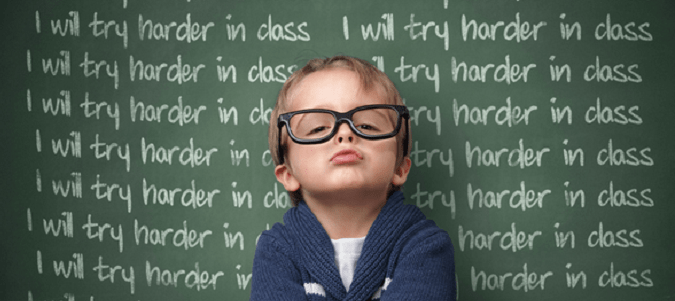Are Your Sales Reps Improving, or Just Going Through the Motions?

Learning expert Eduardo Briceño recently delivered a TED Talk that illustrated how we can improve our skills. As he discussed how we can better position ourselves to truly grow and learn, I couldn’t help but apply his logic to sales enablement and helping reps become better salespeople.
It’s no secret, to get better at something requires practice. More specifically, it requires deliberate practice in what Briceño calls the “learning zone.” Briceño splits our professional time into two categories, the Learning Zone and the Performance Zone. Here’s the difference between the two:
|
|
Learning Zone |
Performance Zone |
|
Goal: |
Improve |
Do as best as we can |
|
Activities for: |
Improvement |
Execution |
|
Concentrate on: |
What you have not mastered |
What you have mastered |
|
Mistakes to be: |
Expected |
Minimized |
|
Benefit: |
Growth and future performance |
Immediate performance |
In sales, the reason reps often don’t get better at selling is that they spend most of their time in the Performance Zone. Briceño explains that in order to grow, we need to deliberately practice with the goal of improving specific skills. We must be allowed to make mistakes and gain feedback from coaches and experts.
Voluntary salesperson turnover is highest during years 2 and 3, which coincides with when performance naturally tends to plateau. Performance plateaus because we spend less time learning how to do our job and more time doing our job. In other words, we spend less time in the Learning Zone and more time in the Performance Zone.
“The best salespeople, at least once a week, do activities with the goal of improvement,” said Briceño. “They read to extend their knowledge, consult with colleagues or domain experts, try out new strategies, solicit feedback and reflect.”
As Briceño explains, the Performance Zone lets us get things done and provides us with things to work on while in the Learning Zone. High performers alternate between the Performance Zone and the Learning Zone, continuously working on specific things that arise as they do their jobs.
In high-stakes situations like sales, it can be hard to enter the Learning Zone. This is where sales enablement leaders step in. To help salespeople grow, hone their skills, and improve outcomes, sales enablement leaders must, according to Briceño, “create low-stakes islands in an otherwise high-stakes sea.” In these spaces, mistakes do not have consequences. These low-stakes islands include role-playing and video coaching exercises which sales managers can review, provide feedback and ask for additional practice. Video coaching platforms provide an excellent low-risk environment for reps to practice and improve without jeopardizing any new business.
Salespeople can also learn and emulate experts and colleagues, who can share their successes and tribal knowledge via sales enablement platforms. Reps who have experienced success can share how they won deals, positioned the solution, handled objections and more.
Related: 4 Reasons Why Your Sales Organization Needs Peer-to-Peer Coaching
“Real confidence is about modeling ongoing learning,” says Briceño. “What if, instead of spending our lives doing, doing, doing, performing, performing, performing, we spent more time exploring, asking, listening, experimenting, reflecting, striving and becoming?”
Salespeople are inundated with information – it’s critically important that sales enablement leaders provide reps with the opportunity to quickly learn and build the skills they need to have more successful sales interactions. How many things are more important than reps truly getting better at their jobs while increasing your organization’s revenue?
For more information about how sales enablement can help reps hone their skills, read 22 Tips for Better Sales Readiness or visit Brainshark.com.

